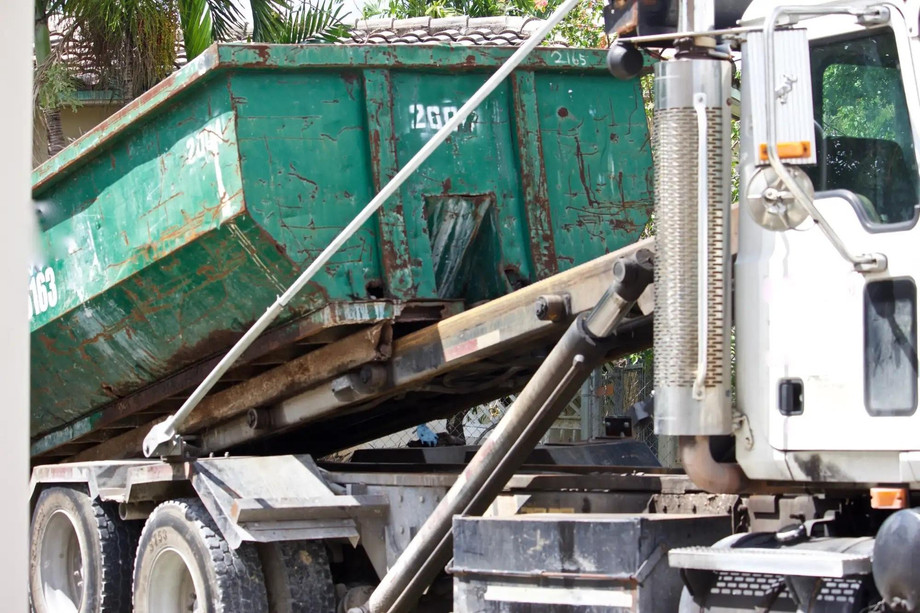Waste Management Navigating the Challenges and Pursuing Sustainable Solutions
In our rapidly advancing world, waste has become an unavoidable consequence of progress. As populations swell, urbanize, and economies burgeon, the generation of waste has reached unprecedented levels. This surge in waste production poses severe threats to the environment, public health, and the delicate balance of ecosystems. It's high time we scrutinize the issue of waste, acknowledging its multifaceted challenges and exploring sustainable solutions to mitigate its adverse effects.
The first and foremost challenge in waste management is the sheer volume of waste being produced globally. From household garbage to industrial byproducts, the scale is colossal. Developing countries, in particular, grapple with inadequate infrastructure to handle the rising tide of waste. Overflowing landfills, uncontrolled dumping, and open burning exacerbate environmental pollution, leading to soil degradation, air pollution, and contamination of water sources.
Moreover, the composition of waste has evolved, presenting new challenges. Electronic waste, or e-waste, is a burgeoning concern with the proliferation of technology. Improper disposal of electronic gadgets poses significant risks due to the hazardous materials they contain, such as lead, mercury, and cadmium. Plastic waste, another major contributor, is notorious for its resistance to decomposition, causing long-lasting environmental damage and posing threats to marine life.
The social and economic dimensions of waste management cannot be overlooked. In many places, waste pickers and informal recyclers are a crucial part of the waste management ecosystem, yet they often work in unsafe conditions, with minimal legal recognition and social protection. Bridging the gap between formal and informal waste management systems is essential for creating sustainable solutions that benefit both the environment and the livelihoods of those involved in waste management.
The concept of the circular economy offers a promising alternative to the linear model of "take, make, dispose." A circular economy aims to minimize waste by emphasizing recycling, reusing, and reducing. This approach promotes sustainable consumption patterns, reduces the extraction of raw materials, and lessens the environmental impact of waste. Governments, businesses, and individuals can play pivotal roles in fostering a circular economy through policies, practices, and mindful consumption.
Technological advancements also play a crucial role in waste management. Innovations such as waste-to-energy technologies, biodegradable materials, and smart waste management systems are transforming the landscape. Waste-to-energy technologies convert waste into energy, offering a dual benefit of waste reduction and clean energy production. Biodegradable materials, when widely adopted, can reduce the persistence of plastics in the environment. Smart waste management systems leverage technology to optimize collection routes, monitor waste levels, and enhance overall efficiency.
Educating the public is fundamental in fostering a culture of responsible waste management. Awareness campaigns, school programs, and community engagement initiatives can instill a sense of environmental responsibility from an early age. By understanding the consequences of irresponsible waste disposal, individuals are more likely to adopt sustainable practices, such as proper recycling and waste segregation.
In conclusion, waste management is a complex and pressing issue that demands immediate attention and concerted efforts. The challenges posed by escalating waste levels are multifaceted, encompassing environmental, social, and economic dimensions. However, by embracing the principles of the circular economy, leveraging technological innovations, and fostering public awareness, we can work towards a future where waste is minimized, resources are conserved, and the planet thrives. It is a collective responsibility to reshape our approach to waste, turning it from a problem into an opportunity for sustainable growth and environmental stewardship.
For more info :-

Comments
Post a Comment